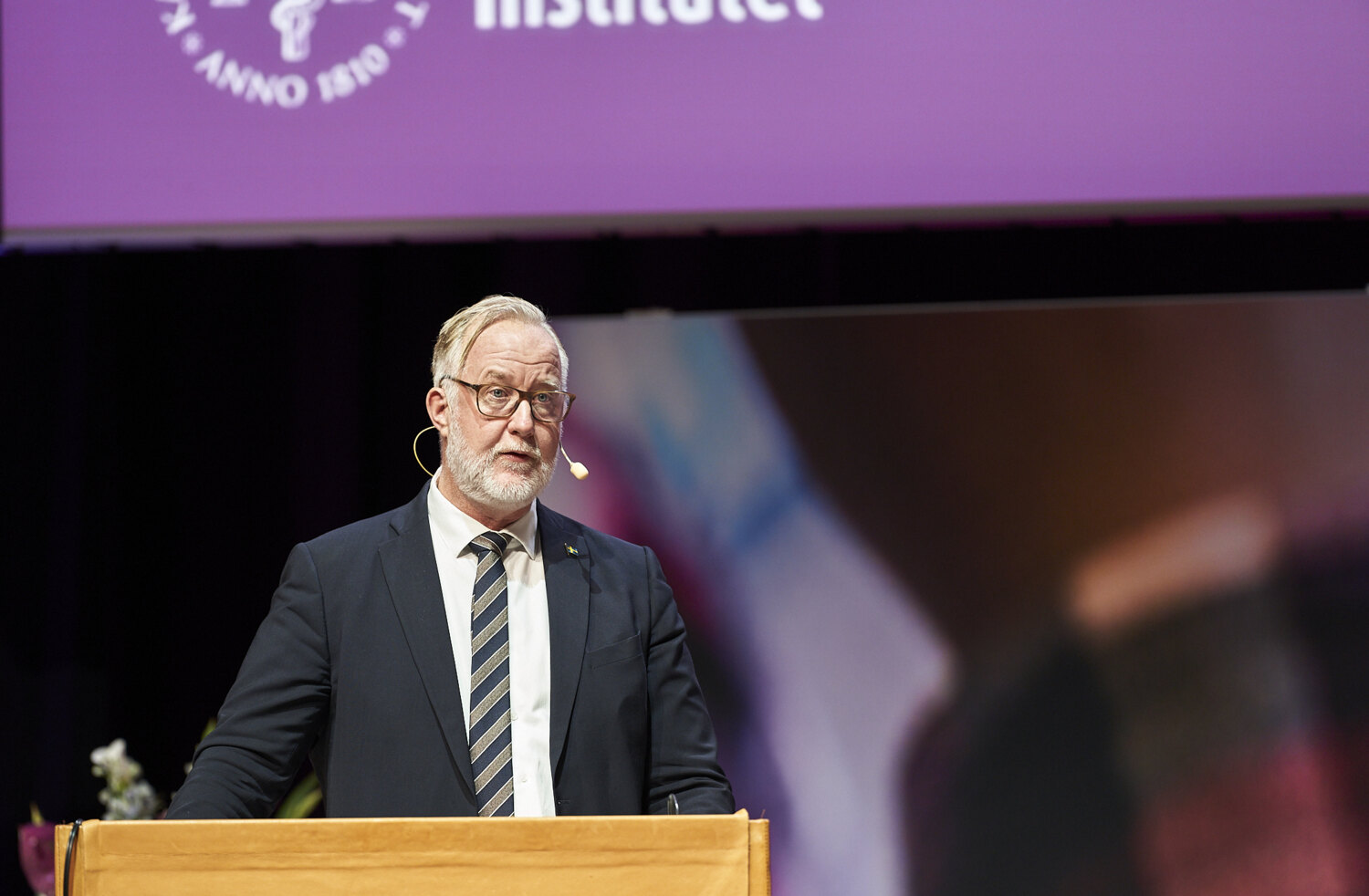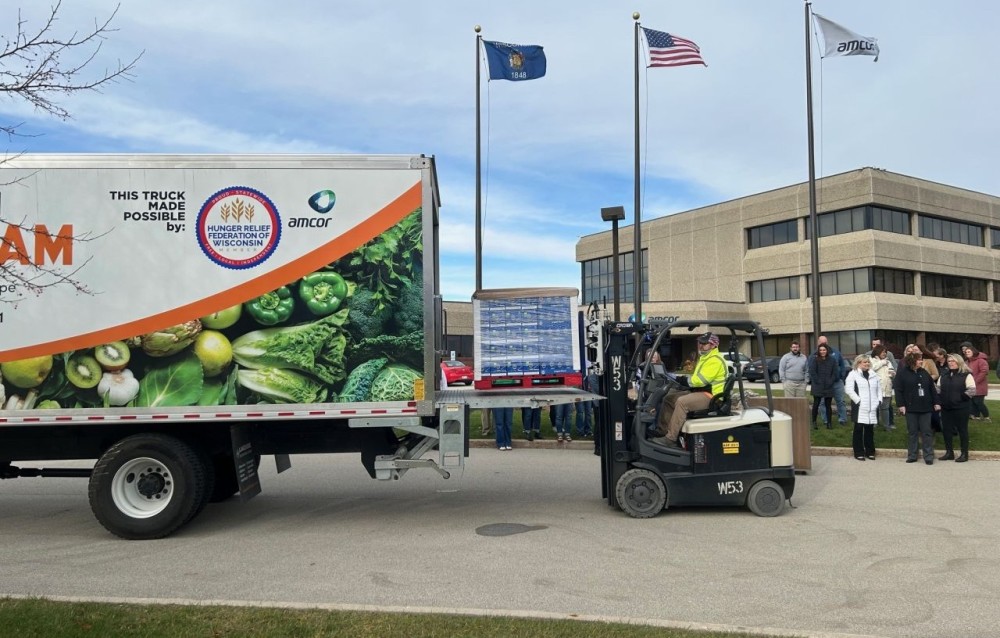- Cook and Albanese Labor Governments sign deal for 10,000 skilled migration places to ease labour shortages and build more homes
- Complements State Government initiatives to grow WA’s local workforce
- Responds to industry demand to fill jobs that cannot be filled locally
The Cook and Albanese Labor Governments have signed a deal for 10,000 skilled migration places for 2024-25, creating more opportunities for the State’s economy and residential construction industries.
Under the deal struck this week, the migration places will be split between the State Nominated Migration Program (SNMP) and a newly established WA Designated Area Migration Agreement (DAMA).
The Cook and Albanese Governments have worked together to expand WA’s allocation of places under the SNMP, cut to 2350 places last year, as the State faces critical skills shortages in industries like construction and healthcare.
The new deal will help to expand the State’s former allocation under the SNMP, bringing it to 5000 migration places.
The SNMP enables the State Government to set its own priorities for skilled migration and to nominate eligible migrants that meet the State’s skills needs.
The SNMP is especially important for small and medium-sized businesses which have difficulty meeting the Commonwealth Government’s employer sponsored visa requirements.
To complement the SNMP, the State Government has negotiated the establishment of a WA DAMA with the Commonwealth Government.
The WA DAMA will provide 5000 migration places, allocated equally between metropolitan and regional employers, enabling employers to attract and retain skilled workers.
The WA DAMA responds to strong demands to fill specific jobs in key areas of demand, including building and construction, health and aged care, tourism and hospitality, and agriculture.
It will operate alongside existing DAMAs in the Kimberley, Pilbara, Goldfields and South West, put in place by local authorities to address local worker shortages.
The WA DAMA will help attract skilled migrants to settle in the regions through a broader list of occupations and a shorter pathway to permanent residency.
The State Government continues to work closely with industry and has invested in an extensive range of initiatives to address the skills needs of the State, including providing free and low-fee TAFE courses to train Western Australians for local jobs.
Comments attributed to Premier Roger Cook:
“Western Australia is the economic powerhouse of Australia and that makes our State an attractive place to live, work, and play.
“We are committed tocontinuing tocreatequalitylocal jobs for local people, but to keep our economy strongandbuildhomeswe need to bring in skilled workers.
“MyGovernmentis particularly focused on boosting our construction workforce to speed up delivery of homes, and this agreement with the Commonwealth sends a signal to overseas markets that WAis open for business.
“I thank the Albanese Government forrecognisingour State’sunique position and need toattractour mostin-demand workers through a variety of channels-to ensure our economycontinues to thriveand we can build more homes for Western Australians.”
Comments attributed to Training and Workforce Development Minister Simone McGurk:
“OurGovernmenthas worked incredibly hard over the past 12 months to press our case that our State often runs counter-cyclical to the rest of the country, and cuts to the SNMP were detrimental to our economy.
“Securing places for 10,000 skilled workers will help us fill the many positions that can’t be filled locally.Skilled migrants are needed to meet immediate labour shortages.
“Training local workers will always be the priority, and we are doing this in record numbers through initiatives like fee-free TAFE, but additional migration places will make a huge difference to our abilityto sustain and diversify WA’s economy.
“Everyone knows WA has vastly different needs from the eastern states.
“But when we succeed, so too does the rest of the country, and I thank the Albanese Government forensuring we can continue to power the nation’s economy.”








